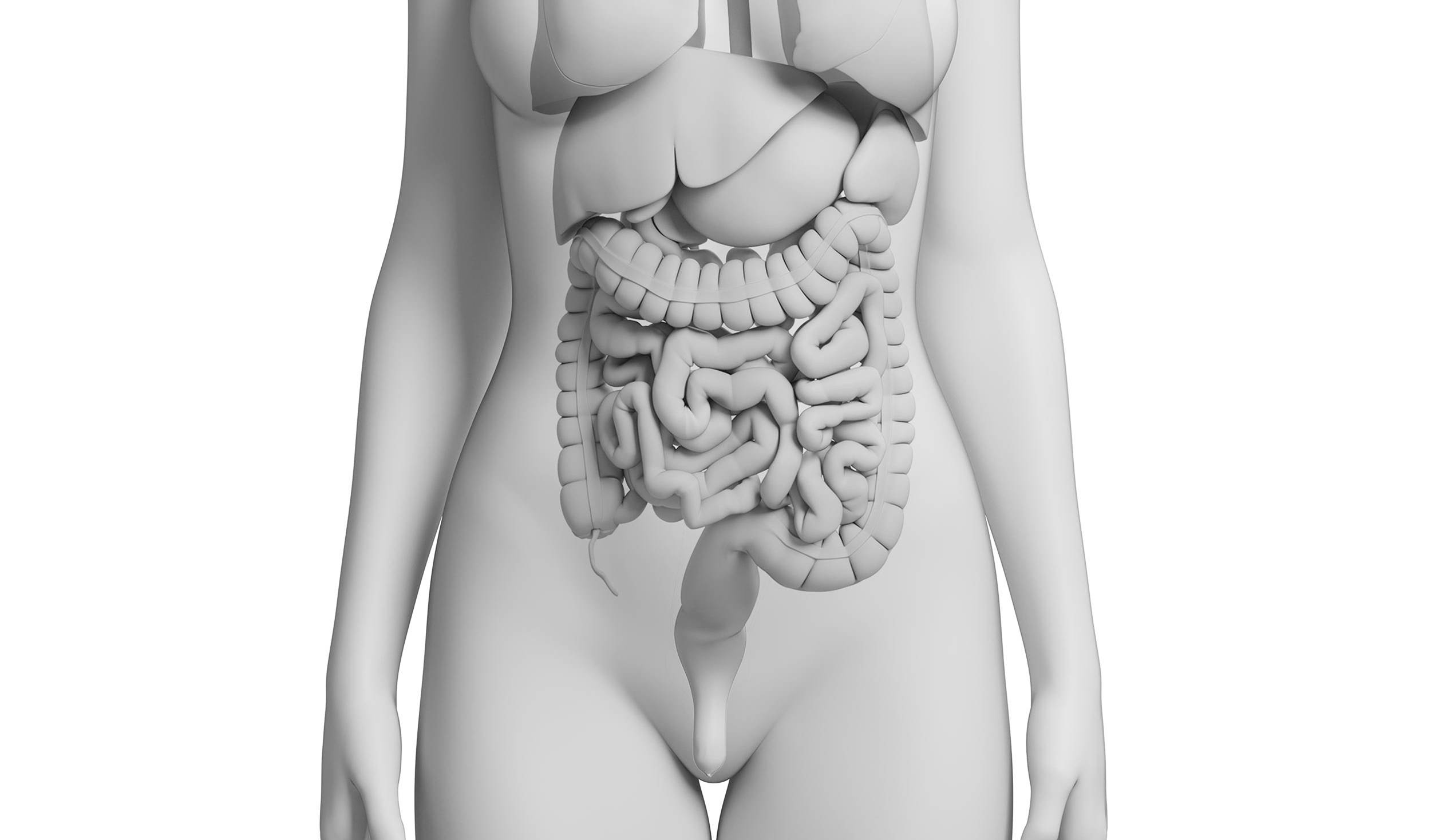Whilst robotic surgery has been established in other surgical specialties, principally in urology and gynaecology, its application has not been widely researched and implemented for bowel surgery.
Robotic surgery at St Mark’s Hospital provides a tremendous opportunity for the world leading surgeons to address an unmet need. At the heart of the Surgical Robotics Research Programme is the education and training of surgeons on this new and advanced platform.
Project Objectives
The Surgical Robotics Research Programme has three principal objectives:
Research, clinical and educational.
Research Objectives:
To actively participate in research on the potential benefits of robotic surgery for patients with colorectal cancer.
Achievements: Collaboratively working with the European Academy of Robotic Colorectal Surgery and the European Society of Coloproctology on international education projects. These partnerships demonstrate the recognition of St Mark’s as a specialist bowel centre.Clinical Objectives:
The introduction of robotic surgery in to daily clinical practice to be offered to all patients with colorectal disease.
Achievements: Exceeded the target of performing 80 robotic surgeries in the first year.Educational Objectives:
To become a national and international training hub in colorectal surgery.
Achievements: The internal training target has been met early and St Mark’s will soon have five surgeons trained in robotic colorectal surgery. Training has also been extended to include gynaecology, urology and maxillofacial surgeons within the LNWUH Trust to ensure that the surgical robotics platform delivers maximum patient benefit.




